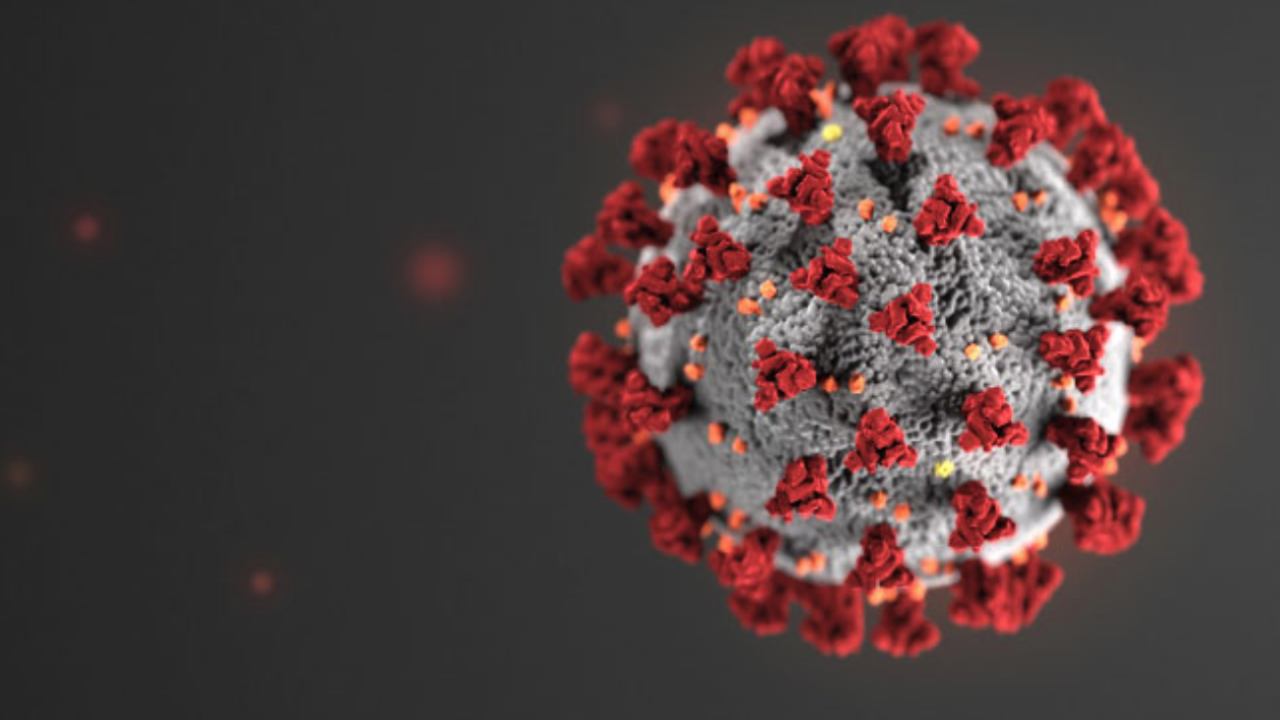
Results of the multicenter PRISM trial were published by Richard R. Saxon, MD, et al in the Journal of Vascular and Interventional Radiology (JVIR; 2018;29:92–100). PRISM evaluated the safety and initial efficacy of a power aspiration–based extraction technique for treatment of peripheral arterial thromboembolism using the Indigo aspiration system from Penumbra Inc..
The JVIR investigators concluded that power aspiration–based extraction technique with the Indigo system was safe and effective for revascularization of acute or subacute peripheral arterial occlusions as a primary therapy or as a secondary therapy after other endovascular techniques had failed.
Of 79 patients enrolled, 39 (49.4%) patients underwent power aspiration treatment with the Indigo device as the initial therapy and 40 (50.6%) underwent treatment after failed catheter-directed thrombolysis or other mechanical intervention or for removal of distal emboli that occurred during an intervention. Occlusion locations were the profunda, common or superficial femoral artery (36.7%; n = 29); the popliteal artery (35.4%; n = 28); the tibial artery (15.2%; n = 12); the peroneal artery 7.6% (n = 6); and the common iliac (n = 1), external iliac (n = 1), sciatic (n = 1), and brachial (n = 1) arteries.
JVIR reported complete or near-complete revascularization (thrombolysis in myocardial infarction [TIMI] grade 2/3 flow) was achieved in 68 of 78 (87.2%) patients immediately after treatment with the Indigo aspiration system and before any other intervention.
Successful revascularization was achieved in 31 of 39 (79.5%) patients as an initial treatment and in 37 of 40 (92.5%) patients as salvage or secondary therapy. After additional adjunctive endovascular interventions, TIMI grade 2/3 flow was achieved in 76 of 79 (96.2%) patients.
After all endovascular treatment was completed, 61 of 79 (77.2%) patients achieved complete thrombus removal and restoration of normal flow (TIMI grade 3). No patients required surgical revascularization. No device-related adverse events occurred.
Dr. Saxon presented data from the PRISM trial in September 2016 at VIVA 16, the 14th annual Vascular InterVentional Advances meeting, in Las Vegas, Nevada.


